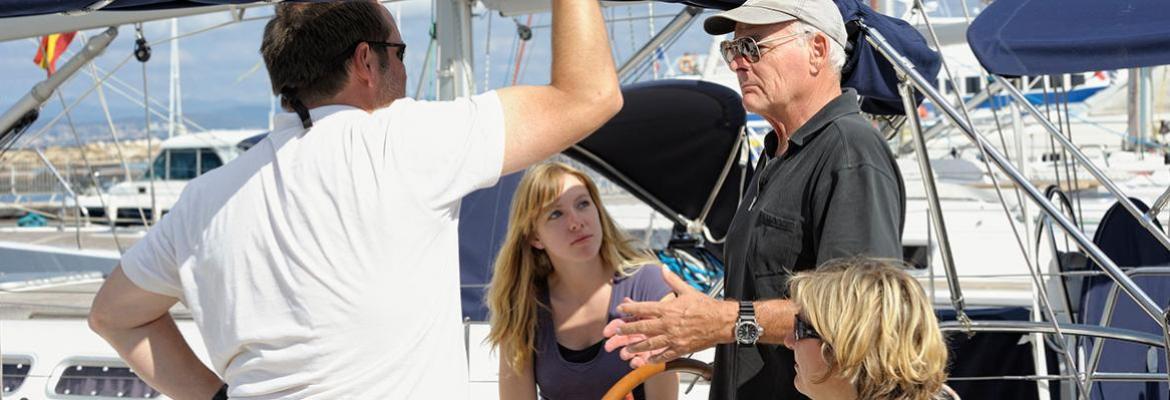Consultation—Maritime high frequency (HF) radiotelephone in Australia 2019
Read the most recent news about this consultation and consequent changes.
The consultation was open for eight weeks from Tuesday 1 October 2019 until Friday 29 November 2019.
In Australia, the States and Northern Territory marine agencies or volunteer marine rescue organisations monitor the HF radiotelephone distress and safety calling frequencies. However, the use of HF radiotelephone as the first and only means of distress and safety calling has steadily declined, especially given the prominence of HF DSC equipment.
For this reason, the Maritime Agencies Forum (MAF—a national forum for marine safety agencies) has recommended that the States and Northern Territory cease HF radiotelephone monitoring of distress and safety communications in Australia on 1 January 2022.
Stakeholders are invited to provide comments on the proposal, particularly those with vessels operating outside very-high frequency (VHF) coast station range and without a Global Maritime Distress Safety System (GMDSS) radio, such as Inmarsat, or HF digital selective calling (DSC) radio.
This consultation is about the proposal for marine agencies or volunteer marine rescue organisations to stop monitoring the HF radiotelephone distress and safety calling frequencies. Other services, such as communicating with other vessels and weather broadcasts will not be affected.
For more information, read the HF voice monitoring consultation feedback report.
